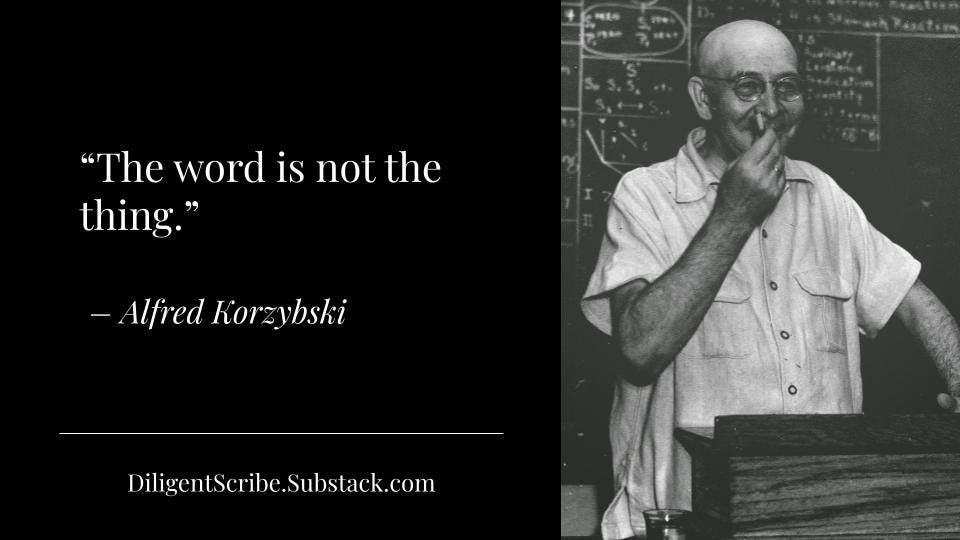What I've Been Hearing
Part 5: We can't rigorously distinguish cults from non-cults
If you haven’t already done this, add “cult” to the long and fast-growing list of words whose usefulness is diminishing rapidly because of an intractable demarcation problem: We can’t rigorously distinguish cults from non-cults. Of course, we know undue influence when we see it, but we don’t always see it. Compared to the cults we see, the cults we don't see pose the greater threat to public health. We live with the specter of cultic influence.
At the start of this conversation, Joe Rogan and Brett Weinstein discuss whether Catholicism is a cult. Rogan says it is. Weinstein challenges him:
When you say that Catholicism is a cult, I don’t agree because Catholicism, historically, must have been delivering messages that caused people to correct their thinking in ways made them collaborate more effectively, that made them better able to find the opportunities in their environment.
I'm not advocating that we should sign up for belief systems that are at odds with our modern environment. But one thing we can say — I believe, for sure — is that religions that have stood the test of time did so because their value to the people who believed in them was so great that those that disbelievers were outcompeted.
We get into trouble in the modern circumstance because we can look at many of the teachings of any of these ancient religions, and we can compare them to what we learned scientifically and detect that there's something not right.
Next, Rogan asks Weinstein if Scientology is a cult, and Weinstein says: “Too early to tell.” Then, Rogan asks Weinstein to define “cult”. The key word in Weinstein’s response is “predatory”. He says:
A cult is the predatory version. It is tapping into people’s natural tendency to believe in what I call metaphorical truths, and it is using it very often to extract resources from them.
“Like the Catholic Church,” says Rogan. “No, not like the Catholic Church,” Weinstein persists. The interlocutors quickly arrive at the demarcation problem.
Of course, the problem remains unresolved for all of us, but for people who share Weinstein’s view, the problem also remains unacknowledged, denied. They think they have figured it out. The difference between cults and non-cults, they argue, is revealed by the “test of time”. This view not only equates survival with success, but it also assumes that, if an institution survives for long enough, it must be non-predatory, even if it is sustained by “belief systems that are at odds with our modern environment”. This is a somnambulist’s view of waking reality.
If you’d like to dig deeper into this question, subscribe and share this post.




